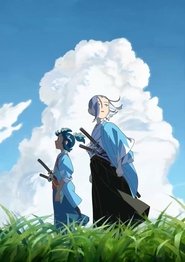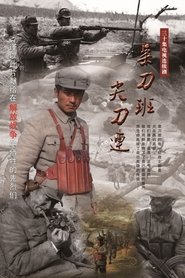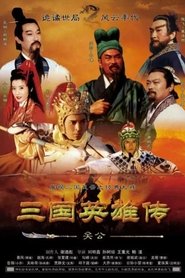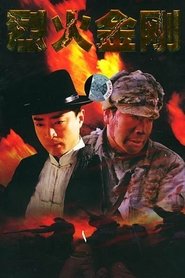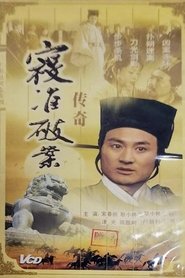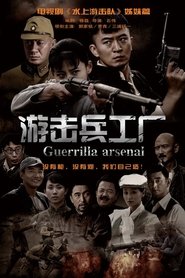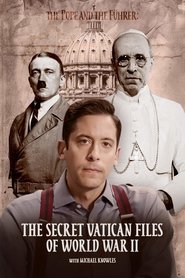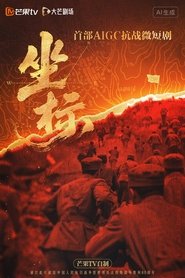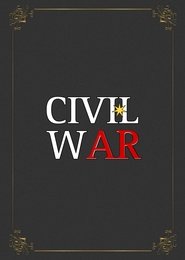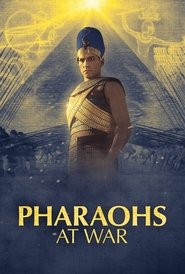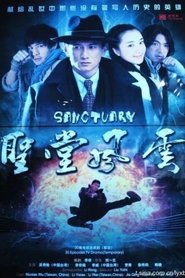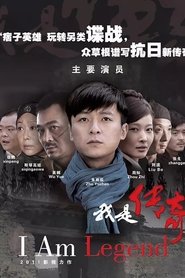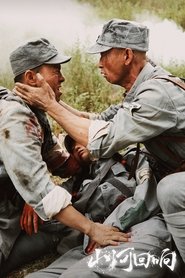Top Rated War Politics TV Series on Pantaflix - Page 82
-
一世情缘
2007
一世情缘
2007
-
Inherit the Winds
0000
Inherit the Winds
0000
The story takes place in the Bakumatsu era in Kyoto. A solider who has lost his memories is aided by the famous Shinsengumi member Sōji Okita. Sōji Okita names this man "Junsuke Tachikawa." Junsuke's life begins anew amidst the Mibu soldiers. -
菜刀班尖刀连
2014
菜刀班尖刀连
2014
-
大理公主
2009
大理公主
2009
-
三国英雄传之关公
1996
三国英雄传之关公
1996
-
烈火金刚
2003
烈火金刚
2003
-
王昭君
1988
王昭君
1988
-
寇准破案传奇
2000
寇准破案传奇
2000
-
游击兵工厂
2012
游击兵工厂
2012
-
Big in Korea
2025
Big in Korea
2025
-
The Pope and the Führer - The Secret Vatican Files of World War II
2025
Pope Pius XII, the man who led the Church through WWII, has been maligned by history as the Pope that could have stood against Hitler, but remained silent. Recent archival revelations, however, tell a different story. What is the truth? How did he respond to the Nazi threat? And who told his story? -
坐标
2025
坐标
2025
China’s first fully AIGC historical drama, where the battle of real vs. fake maps reveals the depths of human faith and ambition. -
PresaDiretta
2009
PresaDiretta
2009
-
Civil War
2027
Civil War
2027
-
Mørch og makta
2025
Mørch og makta
2025
-
Pharaohs at War
2025
Pharaohs at War
2025
Each episode explores a decisive clash that forged pharaonic power and sparked cultural exchanges that helped build one of the greatest empires in history. -
圣堂风云
2010
圣堂风云
2010
-
I Am Legend
2011
I Am Legend
2011
-
The Volunteers
2017
The Volunteers
2017
Cameraman River Haag travels to war-torn Syria, documenting stories of the worst humanitarian crisis since WWII. After meeting a medical unit of passionate volunteers, River finds himself forced by conscience to use his own military medical training to join the YPG in the fight against ISIS, providing treatment to civilian casualties of war, as well as Kurdish, Arab, and even ISIS fighters. -
山河回响
2025
山河回响
2025
A dual timeline follows wartime radio operators risking their lives to transmit warnings in 1939 and modern students using tech to rescue them across time.
 Netflix
Netflix
 Amazon Prime Video
Amazon Prime Video
 Apple iTunes
Apple iTunes
 Apple TV Plus
Apple TV Plus
 Disney Plus
Disney Plus
 Google Play Movies
Google Play Movies
 Paramount Plus
Paramount Plus
 Hulu
Hulu
 HBO Max
HBO Max
 YouTube
YouTube
 fuboTV
fuboTV
 Peacock
Peacock
 Peacock Premium
Peacock Premium
 Amazon Video
Amazon Video
 The Roku Channel
The Roku Channel
 AMC+
AMC+
 Kocowa
Kocowa
 Hoopla
Hoopla
 The CW
The CW
 Vudu
Vudu
 Starz
Starz
 Showtime
Showtime
 PBS
PBS
 Pantaflix
Pantaflix
 FXNow
FXNow
 Tubi TV
Tubi TV
 Kanopy
Kanopy
 Comedy Central
Comedy Central
 Crunchyroll
Crunchyroll
 Microsoft Store
Microsoft Store
 Redbox
Redbox
 Sun Nxt
Sun Nxt
 ABC
ABC
 DIRECTV
DIRECTV
 Crackle
Crackle
 Fandor
Fandor
 Plex
Plex

